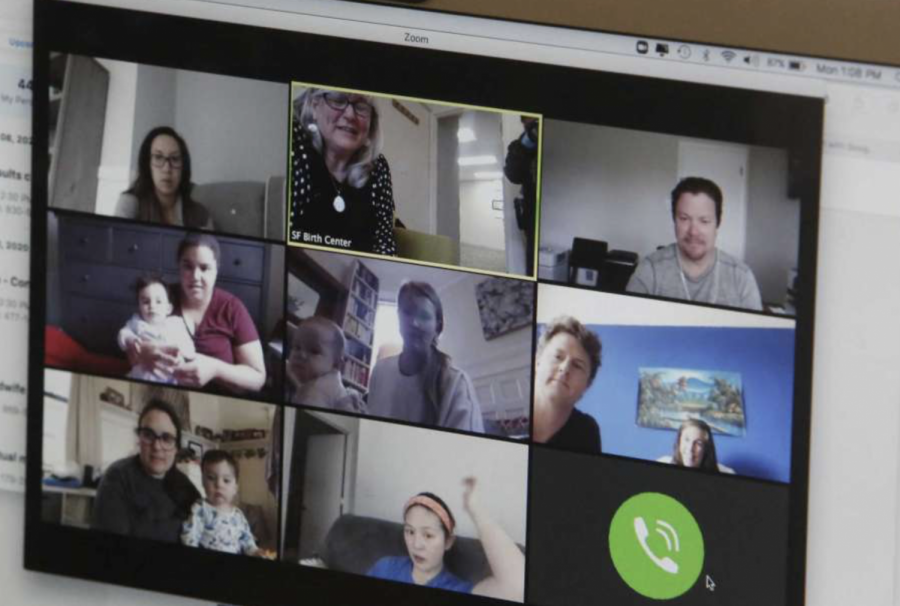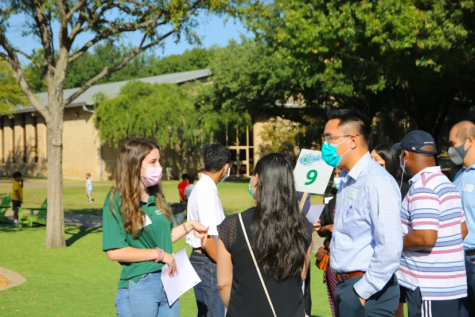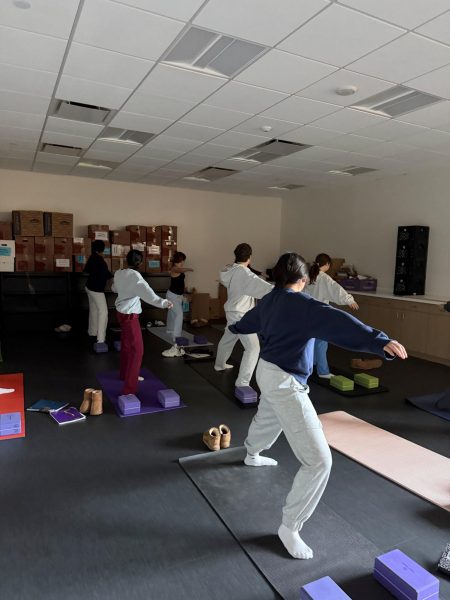Opinion: Staying Connected Yet Miles Apart
When its public schools shut down for the coronavirus quarantine, the Charleston School District in South Carolina had no choice but to resort to online education. Many of their students did not have access to the internet, which was essential for online classes. Their solution was to place school busses around the district that provided free internet to the surrounding area, enabling students to access their courses without crowding into classrooms.
The fact that a public institution such as a school believed internet access was necessary enough to invest in free Wi-Fi for all its students shows the new role that access to the World Wide Web has on the lives of Americans everywhere.
During the ongoing quarantine, the internet has become a utility similar to water or electricity. It is a resource that is continuously routed into people’s homes and managed by utility companies. Internet is used every day for essential tasks such as transactions, education and communication. The internet is also a resource that can be used to exploit consumers that rely on it in their everyday lives. These similarities to vital utilities mean that access to the internet should be regulated as such, to protect Americans from being exploited because of reliance on World Wide Web access.
Similar to electricity, water and gas, there has to be a constant and reliable flow of the internet into homes. In a time when being connected is so important, having internet intentionally throttled should not be tolerated. There are protections against water or electric companies from reducing access to their products, but none are put in place for the internet. If the web is to become a reliable alternative to real-life communication, it needs to have the same reliability of water or electricity.
Access to the internet is quickly becoming a requirement for American life. It is moving up on the list of necessities that every citizen should have to practice their basic human rights. It provides communication, employment, education and information, allowing other people to unfairly limit the internet is denying citizens these rights. Refusing to protect a citizen’s right to the internet is in the same vein as refusing to build a road to a school or a library. Resources of comparable importance such as gas or water have protections that prevent abuse, but the relatively recent arrival of the internet has allowed it to fly under the radar of legal protections.
Similar to essential regulated utilities, the infrastructure for internet access is extensive and resource-intensive, meaning that competition is limited, and it is harder for the free market to respond to lower quality from these utilities. This makes customer exploitation of these utilities easier to get away with. If there are no other competitors to rein in the behavior of internet service providers, it is up to lawmakers to make sure that the consumer is treated in a way compatible with the best interests of the community.
A solution that many governments have settled on to make sure that important utilities are not being abused is to create municipal organizations that provide utilities. There are water, gas and electricity operations owned and operated by local governments. In some areas, there is a municipal internet. These kinds of operations provide competition for private providers, preventing them from offering outdated products.
Here at Greenhill, the internet has been a source of several headaches. The problem of slow internet often follows students to their homes, where many of their online assignments are slowed down by lag and load times. Despite all of the news of innovations in internet technology, the consumer has not seen any of these improvements change their connection. Videos still take the same time to load as they did five years ago. Internet service providers have no desire to innovate because their unique position prevents competition from threatening their hold on customers.
The ultimate solution? There needs to be action from the government to prevent anti-competitive abuses. This will encourage more progress in the field of internet technology and will provide citizens easier access to a resource they need in order to improve the community. With the implementation of social distancing across the country, the requirement for a better internet is more important than ever.






